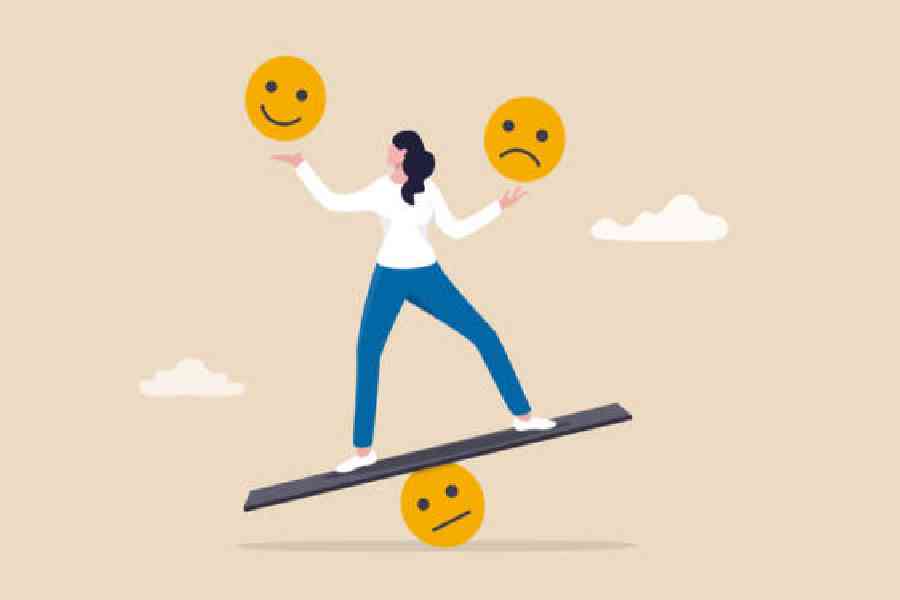The 21st century has ushered in remarkable scientific advancements and transformed lifestyles across the globe. However, this progress has come at a cost. The traditional joint family system, in which several generations live under one roof, has largely disappeared. Today’s nuclear families often live in isolation, and children move to distant cities or countries for education or work. The result? A growing sense of loneliness and stress in daily life.
Many individuals are unable to cope with the mounting pressure. As a result, mental health issues such as anxiety and depression have become increasingly common. Depression is associated with an imbalance of the brain’s “feel-good” chemicals like serotonin and dopamine. In an attempt to self-medicate, some people illegally purchase over-the-counter “sleeping tablets” or turn to substance abuse, misusing alcohol, marijuana or even antihistamines. They may engage in high-risk behaviour or compulsive habits such as gambling or overeating, to trigger a chemical “high”.
In some fortunate cases, individuals or their families recognise the signs and seek help. Unfortunately, in many households, mental health issues are dismissed or misunderstood. People are often told to “get over it”.
Psychiatric intervention can yield excellent outcomes. If prescribed medication, the doses should be taken consistently and at the same time each day. Patients may stop medication prematurely once they start feeling better, believing they are cured. This can lead to a relapse. Medications should always be tapered off gradually under a doctor’s guidance. The most effective treatment typically combines medication, counselling and behavioural therapy.
Parents often wonder: “How can we help our children navigate life?”
One proven answer is regular exercise. Over the decades, numerous studies have demonstrated that exercise helps prevent stress and depression while also enhancing overall mental and physical well-being. It enhances coping skills, resilience, and emotional stability.
The foundation of this healthy habit should be laid early. From the age of three or four, children should be encouraged to engage in 30 minutes of aerobic activity daily. As they grow, this habit becomes as routine as brushing their teeth or taking a bath. It forms an unshakable part of their lifestyle. In adulthood, this ingrained habit serves as a powerful tool for stress reduction, enhanced sleep and emotional regulation.
Exercise doesn’t need to be elaborate or expensive. It can be tailored to one’s environment and preferences. A total of 45 minutes of physical activity daily, even if broken into shorter segments, can yield significant benefits. Walking, jogging, swimming, cycling or even climbing stairs can be effective.
If outdoor activities are not feasible, “infinity walking” (walking in a figure eight) on a terrace or veranda, spot jogging, or stepping in place at 60 steps per minute are excellent alternatives. Even a short flight of stairs can be used for 15 minutes of cardio activity. Always wear well-cushioned, supportive footwear to avoid injuries.
Exercise boosts blood flow to the brain, enhancing cognitive function and flushing out inflammatory byproducts that are linked to low mood. It stimulates the release of endorphins, dopamine and serotonin, the neurotransmitters that elevate mood and promote a sense of well-being.
Contrary to earlier belief, adults can indeed generate new brain cells, especially in the hippocampus, the brain region responsible for memory and mood regulation. Interestingly, people with depression often have a smaller hippocampus. Regular exercise supports its growth, improving memory and emotional stability.
One of the key symptoms of depression is a lack of motivation. This is why building the habit of regular physical activity from a young age is so important. Once established, it becomes a lifelong ally in the fight against mental illness.
Train a child to walk the road of life, and they will not stray from it.
The writer has a family practice at Vellore and is the author of Staying Healthy in Modern India. If you have any questions on health issues please write to yourhealthgm@yahoo.co.in










